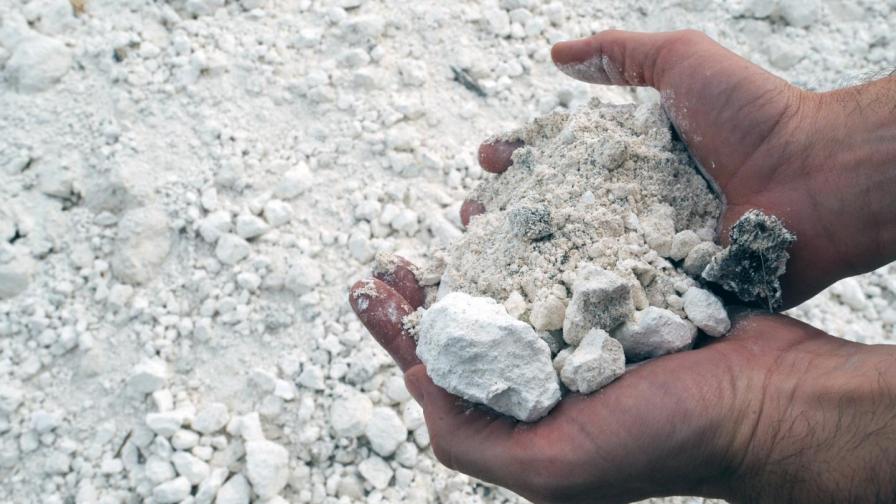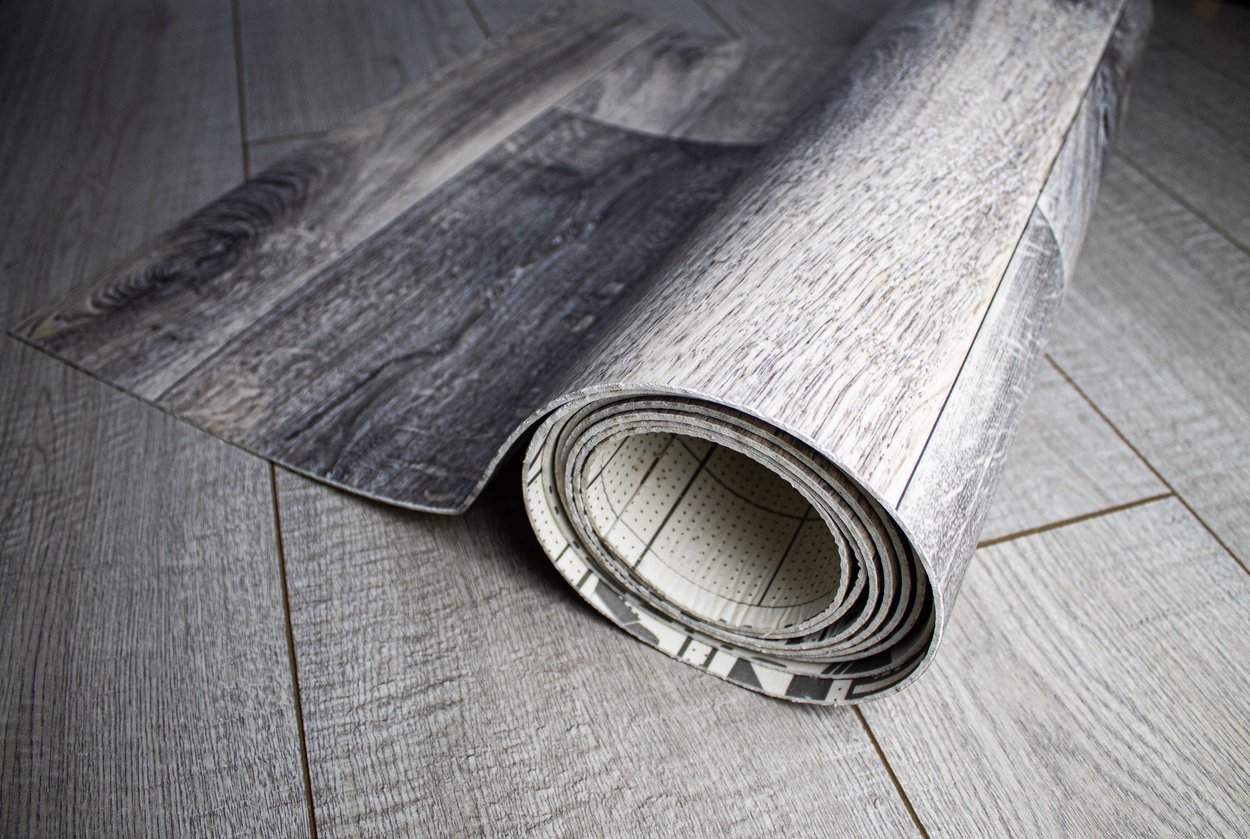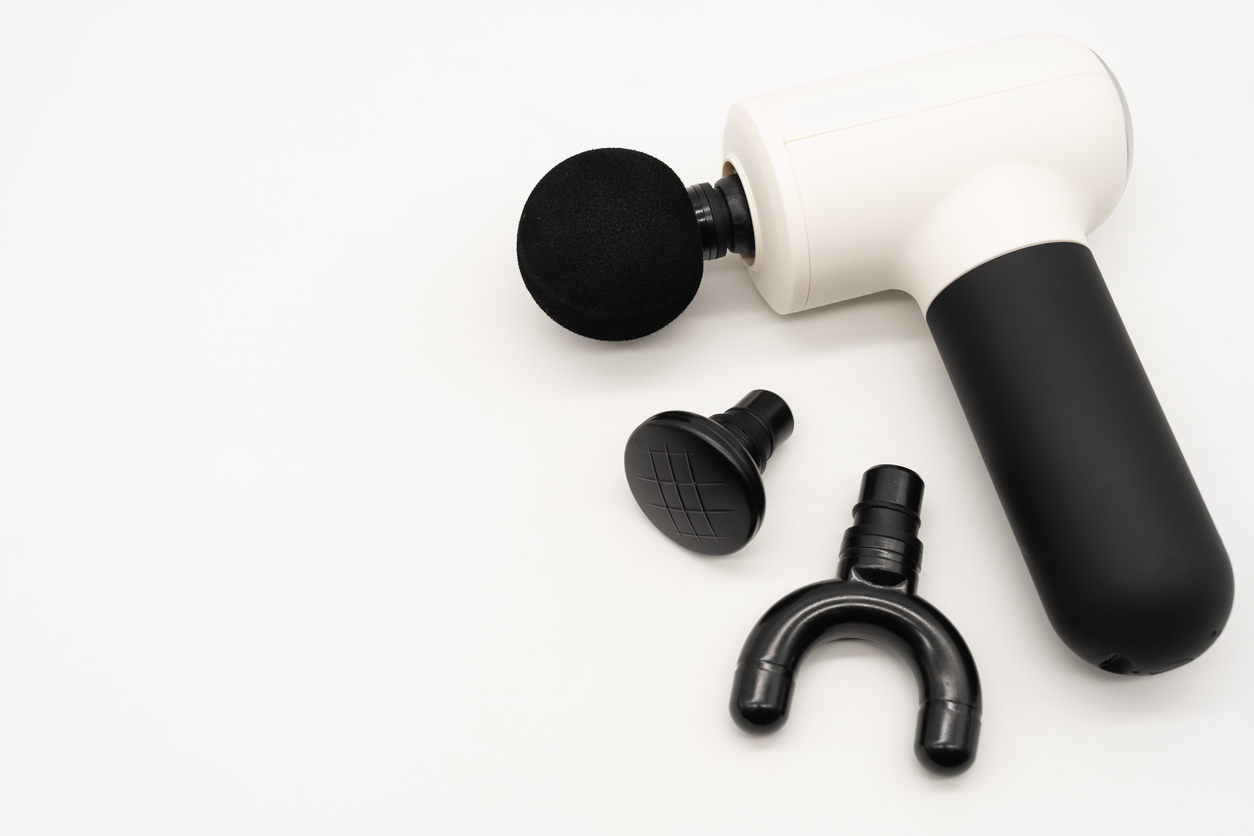How to Buy Gypsum From Nigeria: Step-by-Step Guide
How to Buy Gypsum From Nigeria: Step-by-Step Guide
Looking to buy gypsum from Nigeria? Gypsum is a popular mineral used in a variety of applications, from agricultural and industrial to construction and decorative purposes. It is a versatile material, with its many uses making it a valuable resource in the Nigerian economy. But with so many options available, it can be difficult to know where to start. That’s why we’ve put together this step-by-step guide to help you navigate the process of buying gypsum from Nigeria. We’ll guide you through the basics of the industry, selecting a supplier, and negotiating the best deal for your needs. With our help, you’ll be able to buy the gypsum you need with confidence. So, let’s get started!
Understanding the Gypsum Industry in Nigeria
Gypsum is a naturally occurring mineral that is widely used across many industries. You can buy it in a variety of forms, including wallboard, drywall, plaster, or slurry. Depending on its form, it can be used for a variety of purposes, from agricultural to construction and decorative. It’s also used in the manufacturing of plastics, fertilizer, and animal feed. Since gypsum is so versatile, it is a very valuable resource in the Nigerian economy. But before you buy gypsum from Nigeria, it’s important to understand the industry. That way, you can find the best gypsum supplier for your needs. The gypsum industry in Nigeria is large and growing, with a variety of domestic and international players contributing to the supply. The country has vast natural deposits of gypsum, and it’s also a major importer of the mineral. The industry is highly regulated and government-controlled, with strict oversight to ensure quality and safety. The government also imposes strict import and export rules and regulations to maintain a controlled and sustainable supply. This is important to ensure a reliable supply to domestic manufacturers as well as meet export and import obligations. Major players in the industry include multinational companies and government-owned companies. There are also a wide range of smaller, domestic suppliers that are privately owned.
Sources of Gypsum in Nigeria
The vast majority of gypsum in Nigeria is extracted from natural deposits. The country boasts some of the largest and highest quality deposits in the world, which helps keep costs low. Due to the high natural abundance, there is little exploration for new sources. And, few producers are engaged in underground mining. This means that the availability of gypsum is generally steady, but there can be seasonal fluctuations due to weather conditions. Most of the country’s gypsum deposits are located in the southern states, primarily in Abia, Akwa Ibom, Cross River, and Edo. The major deposits in the southwest are spread across nine states. There are also smaller deposits in the north and southeast, but they are less productive. The largest deposits are in Ogoni and Akwa Ibom, where mining is done by open-pit methods.
Choosing a Supplier
Once you’ve decided to buy gypsum from Nigeria, it’s time to begin the search for a supplier. The first step is to identify your buying requirements and budget, which will help you narrow down your options. For example, you may need a gypsum that is graded for agricultural purposes, so you can use it as a fertilizer. Or, you may need wallboard to use in interior decoration. You may need a specific grade of gypsum, like an M-grade, which is generally used for making fertilizer. Or, you may need a specific type of gypsum, like hydrated gypsum. Before you begin the search, you’ll need to do a little research to determine which suppliers meet your needs. There are many gypsum suppliers in Nigeria, but not all offer the same quality. Some are better than others, so it’s important to find a reputable supplier. Luckily, there are a few things you can do to find the best supplier for your needs.
Negotiating the Best Price
Once you’ve narrowed down your options and chosen a supplier, it’s time to negotiate the price and terms. Before you do, you should be prepared. First, you’ll want to know the general price range for the gypsum you want to buy in Nigeria. You can get this information from your chosen supplier or by contacting several other suppliers. You’ll also want to know the general terms and conditions of buying from your chosen supplier. This will help you know what terms are negotiable, like the price and payment terms. It will also help you decide which supplier is best for your needs. Once you’re prepared, it’s time to negotiate the best price and terms. Your supplier will likely have a listed price, but you can always negotiate for a better rate. This is especially true if your order is large enough or you’re a regular customer.
Shipping and Delivery
The next step in the buying process is to decide how you want your gypsum delivered. There are a few different options, but each comes with its own benefits and drawbacks. The most common delivery methods include truck, sea, and rail. Shipping by truck is the most common delivery method, but it can take several weeks from the time of order to the time of delivery. Shipping by sea can be a slower option, but it can also be less expensive. Shipping by rail is a faster option, but it’s also more expensive. It’s important to consider all of these factors when deciding on a delivery method. You’ll also need to know your gypsum’s origin. In other words, you’ll need to know where it was sourced. It’s important to know where your gypsum comes from because it may be subject to import or other restrictions.
Quality Control
Once you’ve sourced your gypsum and it’s on its way to your location, it’s important to inspect it for quality. This is especially important if you’re buying gypsum for construction or agricultural purposes. You don’t want to buy subpar gypsum that could potentially damage your project or soil your crops. Luckily, there are a few things you can do to inspect your gypsum for quality. One option is to visit your supplier and physically inspect the gypsum before it’s shipped out. Another option is to have your supplier send you samples of different types of gypsum before you place a final order. Alternatively, you can have your supplier certify the quality of their gypsum and have it certified by an independent third party. This will ensure that your gypsum meets the necessary quality requirements.
Making the Payment
Once your gypsum is on the way, you’ll need to figure out how to pay for your purchase. There are a few different payment options, each with their own benefits and drawbacks. The most common payment methods include cash, bank transfer, letters of credit, and credit cards. Cash is an easy and convenient payment method, but it may not be suitable for large or international purchases. Bank transfers are also convenient, but they can be slow and unpredictable. Letters of credit are a common method of payment for larger purchases and imports, but they can be complicated. Credit cards are convenient, but they’re best for smaller purchases. Whichever payment method you choose, it’s important to read the terms and conditions carefully to ensure that it’s available for your purchase. It’s also important to determine what fees will be charged for each method.
Getting the gypsum to Your Destination
Once your gypsum arrives, it’s time to get it to its final destination. This process begins with careful inspection of your order to ensure that it meets the required quality standards. Once you’ve verified the quality, you can begin the process of transporting the gypsum to its final destination. At this point, you’ll need to decide how you want your gypsum transported. There are a few options, each with their own benefits and drawbacks. The most common transportation methods include air, ocean, rail, and road. Air freight is the fastest option, but it’s also the most expensive choice. Ocean freight is a slower option but is often less expensive. Rail is a cheaper option, but it’s also slower. Finally, road freight is the slowest option but often the least expensive. Once you’ve decided on a transportation method, it’s important to know your gypsum’s country of origin. This information will help you determine if it’s subject to any import restrictions.
Conclusion
Gypsum is an important mineral used in many industries, from agricultural to construction and decorative. It’s a versatile material with many uses making it a valuable resource in the Nigerian economy. But it can be difficult to know where to start when buying gypsum








LEAVE A COMMENT
You must be logged in to post a comment.